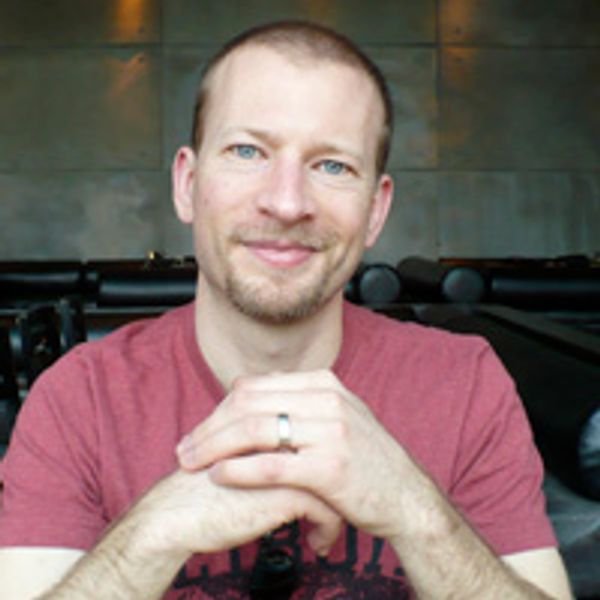Lia Purpura, Decaying Wood (detail), featured in AGNI 102
On Poetry: The Stall
One question I get a lot is: What is it like to write poetry? On most days, it is indistinguishable from the business of living. Cleaning out the coffee percolator—the unscrewing of which requires some doing—or going to the store for 2% milk or updating my online status or checking for the mail or lumbering through the new biography of Augustine.
But on the best days, I barbecue, lacing the air in the neighborhood with hickory smoke and rendered fat, slow-cooking a pork shoulder from five in the morning until five in the afternoon, when I can drink a beer before the guests arrive. I love the chemistry and the alchemy of barbecue, the transformation from blood to bark, the whittling down of the cut by time and heat in an ordinary “UFO-saucer” grill. I like how it happens mostly outside of sight, when the lid is placed firmly down and the vents are cracked just so.
We’re renting an old house again—two hundred and thirty years between our last two houses—and I am sitting on the stone steps, waiting for light to filter back into the sky and then for the streetlights to shut off. Sometime later, I can tell by the crunch of gravel and a gentle thump that the newspaper has been delivered round the other side of the house. The coals are banked, the smoke gone from blue to white. Sometime later, the neighborhood takes off for work, and it is just me folded on the top step with a thin notebook tented on a railing and a cup of coffee going cold on the sandstone. The calls of birds, so strident first thing in the morning, flatten out. I wait so long that I forget that I am waiting.
Occasionally, I think about the latest inhuman tragedy, or more pleasantly, about my daughter, still on foot in the obliterating sleep of childhood. My extended family, with its fierce loves and enmities. More often, my mind is like a sail taking the shape of the wind; or, more appropriately on this occasion, like the smoke leaking into inscrutable patterns. Perception is a creative act.
I have an admirable friend who also likes to grill and who is gifted in circuits. He built himself an ingenious device with a circuit, probes, sensors and fans, so that he can cook a pork shoulder in his ceramic grill without lifting a finger to adjust vents or add coals. He graphs the ambient and meat temperatures over time and emails a link to the live feed to the guests he invites to eat with him later in the evening. “I could grill while I’m at work,” he grins, and I don’t doubt it. “But then,” I object, “you would not be able to wait all day.”
I watch the slowly turning hands of the sycamore, the dappled arms. The faint pulse in my temple matched to the waving rhythm of keys being pressed in an interior room. It gets hot. The smoke thins as the wood chips dry out and begin to catch fire. In ten minutes or ten hours, the guests will arrive. But first, I will experience a flash of a few minutes in which I feel nauseated, and then entirely, keenly myself. In that moment, I pick up an unremarkable, unlined notebook, and a poem happens, just as the world happens before my eyes, needle by ant by mountain by cry. As irreligious as I am, I cannot deny it feels like finally seeing—something—“face to face.”

Benjamin Landry
Benjamin Landry is working toward his MFA in poetry at the University of Michigan. His work has appeared in Conjunctions, Crazyhorse, Salamander, Sonora Review, Sou’wester, and [PANK], and is forthcoming in Denver Quarterly and Drunken Boat. He won the 2009 Columbia Journal Poetry Contest, and his manuscript Particle and Wave, structured after the periodic table of elements, was a finalist in the 2012 National Poetry Series Open Competition. (updated 9/2012)
